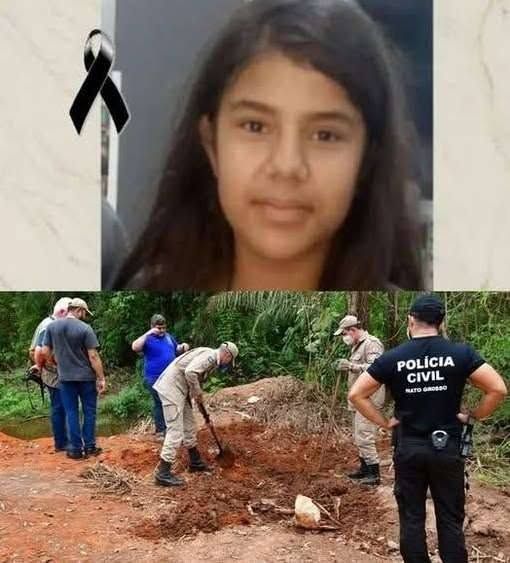The people of Minas Gerais knew him as a man of faith—a pastor, a neighbor, a figure of moral authority. But behind the pulpit and polished smile, he harbored a secret so dark it has left a community shattered.
That secret came to light when Stefany Vitéria Teixeira Ferreira, a vibrant 13-year-old girl, vanished without a trace on February 8. For days, her family and neighbors searched frantically. Even the local church—the one led by the pastor—held prayer vigils in her name.
Three days later, the unthinkable: Stefany’s body was found in a wooded area outside town. And the very man who had prayed for her safe return—the pastor—led police to her grave.
Betrayal by the Pulpit
Surveillance footage and witness statements quickly zeroed in on the pastor. Confronted by investigators, he confessed to aggravated homicide and concealing the body. He personally guided law enforcement to where Stefany was buried.
The community’s heartbreak turned to fury. Vigils gave way to protests. Social media exploded with demands for justice. “He used our trust as his disguise,” said one neighbor. “He cannot be allowed to do this to another child.”
As the town grapples with the trauma of trusting a predator, advocates are now urging stronger child protection laws and increased screening of individuals in positions of community authority.
The Legacy of Stefany’s Story
While the legal process moves forward, Stefany’s memory becomes more than a tragedy—it becomes a catalyst. Her name is now a symbol of resilience, a call to protect children from hidden dangers, and a warning against blind faith in authority.
She was just a girl. She had dreams. She had a future. And she was taken from this world by someone she—and everyone—was told to trust.
The world must not forget her name. Stefany Vitéria deserves justice. Her story demands change.

